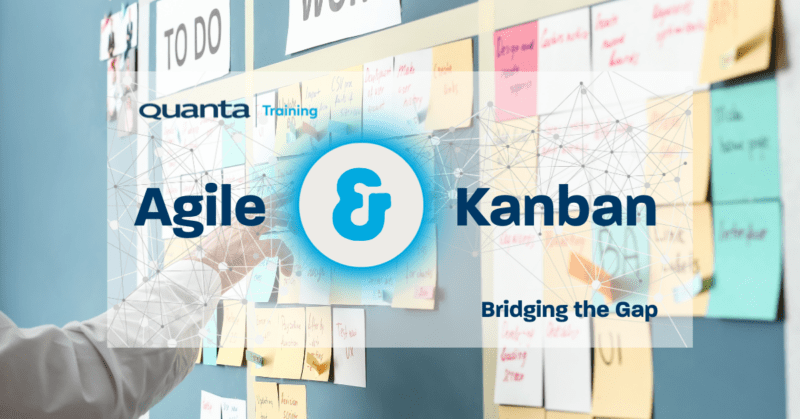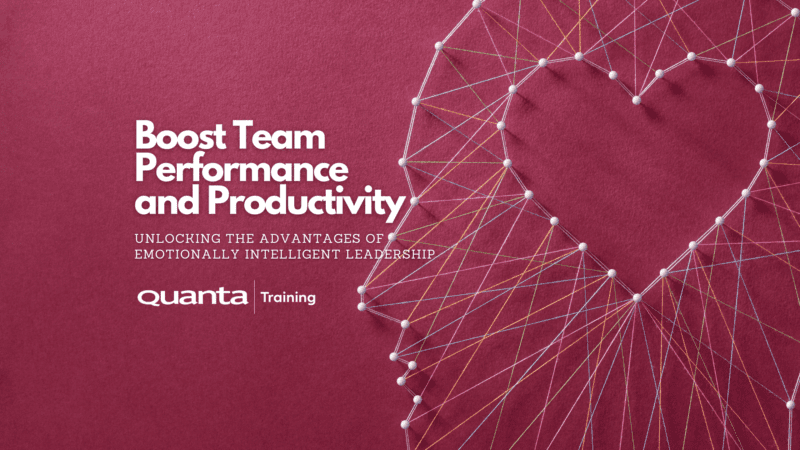A reflective workshop-based session to take your Scrum mastery to the next level.
This workshop is designed to hone your existing ScrumMaster skills through a series of reflective exercises and discussions. New content that takes us beyond Scrum and deeper into the realms of agility, coaching and change management (to name but a few) are also introduced. Please note that due to the applied nature of this course some work outside of classroom hours will be required.Book Your Course
Start Date
Venue
Availability
Cost
Course confirmed - Guaranteed to run
Course Full/Limited availability
Price shown excluding VAT.
Book a Private Event
If you require the content of this event tailored or have around 7 or more people to train it maybe better for you to host a Private Event, please get in touch to discuss this.
Get in touchDescription
Who is this course for
Those wishing to take enhance their Scrum mastery further in order to better serve their organisations.
Purpose of the course
To reflect on your existing Scrum practice and add additional skills to your quiver. To act as a springboard for achieving Certified Scrum Professional (CSP-SM) and/or Certified Team or Enterprise Coach for those that are interested.
You will learn how to
- Facilitate better dialogue between the Product Owner, Scrum Team members, customers, stakeholders, and executives.
- Respond confidently when encountering resistance to change, lack of engagement, low motivation, and unavailability of key people.
- Increase engagement to encourage greater accountability, commitment, and buy-in.
- Scale Scrum and Agile beyond a single team.
Prerequisites
Hold a Certified ScrumMaster (CSM®) certification, this does not need to be currently active. Attaining A-CSM® status will also reactivate your CSM® status.To certify you must also demonstrate one-years’ experience in the ScrumMaster role, however, you may sit the course prior to this and certify at a later date.
Benefits for you as an individual
You will build on your foundational knowledge with enhanced implementation skills, which will help distinguish yourself in the global marketplace. You will stand out in your industry as a member of the globally recognised Scrum Alliance community and be able to show advanced value to your employer (or potential employer) as a highly trained Agile professional.
Benefits for your organisation
The ScrumMaster role is both challenging and often misunderstood. This course provides a forum for experienced ScrumMasters to both get to grips with new concepts and to reflect on their actions to date.
Lean, Agile, and Scrum
- Demonstrate how Scrum is aligned with the values and principles of the Agile Manifesto for Agile Software Development.
- Outline the historical development of Scrum and Agile.
- Describe at least two other Lean/Agile development approaches outside of Scrum and explain their value.
- Demonstrate how you resolved or addressed a violation of Agile principles.
- Debate at least five personality traits of an excellent Scrum Master.
- Evaluate three situations when transparency, inspection, and adaptation are not working effectively.
ScrumMaster Core Competencies
- Identify at least three indicators when a group engaged in h3ergent thinking and at least three indicators when a group is engaged in convergent thinking.
- Identify at least three challenges of integrating multiple frames of reference.
- Apply at least two facilitative listening techniques for effective meetings
- Demonstrate at least two alternatives to open discussion.
- Describe two examples when the Scrum Master should not act as the facilitator for the Scrum Team.
- Practise creating an agenda for and facilitating at least two collaborative events.
- Analyse at least three obstacles to clear communication and their impacts on both the sender and the receiver.
- Create at least three working agreements to foster clear communication for a meeting.
- Describe at least three elements of a coaching stance.
- Apply an appropriate coaching technique for two interventions.
- Analyse an intervention to identify at least two improvements.
- Explain Scrum and its benefits to a business stakeholder.
Service to the Development Team
- Describe how a self-organising team approaches at least three challenges.
- Apply a countermeasure to reduce the impact of at least one challenge facing a self-organising team.
- Explain the difference between a working group and a team.
- Discuss at least three attributes of effective teams.
- Apply at least two methods for improving team performance.
- Describe at least one multi-stage model for team formation and development.
- Organise and facilitate the creation or improvement of a strong definition of “Done.”
- Describe how a Definition of “Done” could be formulated for a non-software product.
- Explain at least two ways development practices may impact the Development Team’s ability to deliver an increment each Sprint.
- Describe how development practices are highly beneficial in a multiple team environment.
Service to the Product Owner
- Practise creating or refining the product vision with the Product Owner and Development Team.
- Explain at least two techniques for moving from a product vision to a Product Backlog.
- Practise refining the Product Backlog with stakeholders and/or team members.
Service to the Organisation
- Analyse at least one impediment and identify a root cause and/or underlying issue.
- Practise resolving an organisational impediment.
- Recognise at least two approaches to scaling Scrum.
- Describe at least two reasons why an organisation might decide not to scale.
- Identify at least two techniques for visualising, managing, or reducing dependencies.
- Describe at least three benefits and drawbacks of feature teams and component teams.
- Describe the nature of complex systems.
- Describe at least two frameworks for catalysing organisational change.
Scrum Mastery
- Analyse your fulfilment of the Scrum values and how you could improve.
- Analyse your own fundamental driving factors.
- Recognise when a constructive interaction moves to destructive conflict.
- Compare your default pattern for responding to conflict with at least two alternatives
- Express at least three attributes of an effective servant-leader.
- Demonstrate one or more attributes of a servant-leader.
Additional Exam Information
There is no formal exam associated with this training. Delegates attain A-CSM certification by:
- Attending a certified A-CSM educational offering to gain techniques and skills that go beyond the basics and mechanics of Scrum, expanding into interaction, facilitation, coaching, and team dynamics.
- Successfully completing all educator-designed components of an approved educational offering. This may include pre- or post-course work as deemed necessary by your approved educator to complete the learning objectives.
- Accepting the A-CSM License Agreement and complete your Scrum Alliance membership profile.
- Validating at least 12 months of work experience specific to the role of Scrum Master (within the past five years)
NOTE: You may take the A-CSM course at any time after completing your CSM certification, and must have at least 12 months of Scrum Master experience logged into your Scrum Alliance profile before you are eligible to receive your A-CSM certification.
Pre-Coursework
A substantial component of this course is refection on your performance in the ScrumMaster role. Details of how this can be completed will be provided upon booking or, if you have questions, please do not hesitate to contact the Lead Trainer.Get Started
Forget trawling through endless course catalogues – Find the training that’s right for you
Learn MoreLatest from our blog
Kanban and Agile: Bridging the Gap
Kanban and Agile: Bridging the Gap Quanta’s Kanban University Certified Trainer Steve Church explores the way in which Agile and…
Read More
How a Ballerina could move into Cybersecurity
Jason Ford, Quanta Cybersecurity and IT Trainer talks about the limitations in Cybersecurity Training courses. Jason discusses a safe and…
Read More
Boost Team Performance and Productivity: Unlocking the Advantages of Emotionally Intelligent Leadership
Quanta People Development and Leadership Trainer, Giles Collins outlines the key elements of Emotionally Intelligent Leadership and how it impacts…
Read More





